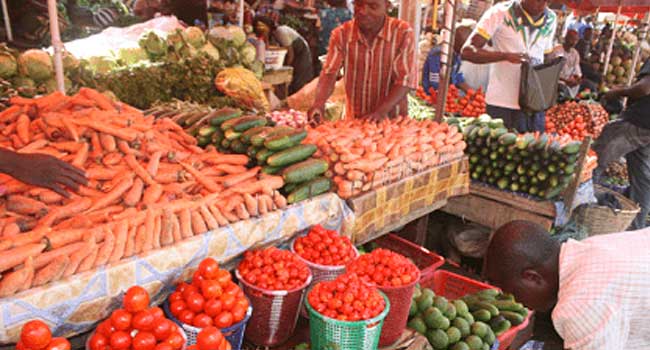The highly-anticipated 2023 presidential race is a threat to Nigeria’s struggling economy. This is according to the International Monetary Fund (IMF).
While presenting the Sub-Saharan Africa Regional Economic Outlook report, IMF’s Resident Representative for Nigeria, Ari Aisen, said the economy might be affected, such that food prices would soar further.
“Persisting insecurity – particularly banditry and kidnapping – and the forthcoming 2023 elections that may affect the performance of the economy,” he said.
Lamenting Nigeria’s debt portfolio, the IMF chief warned that loan servicing may gulp 100% of the Federal Government’s revenue by 2026.
He based his warning on a macro-fiscal stress test conducted on Nigeria, as he maintained that interest payments on debts might wipe up the country’s entire earnings in the next four years.
His words: “The biggest critical aspect for Nigeria is that we have done a macro-fiscal stress test, and what you observe is the interest payments as a share of revenue and as you see us in terms of the baseline from the federal government of Nigeria, the revenue almost 100% is projected by 2026 to be taken by debt service.
“So, the fiscal space or the amount of revenues that will be needed, and this without considering any shock is that most of the revenues of the federal government are now, in fact, 89% and it will continue if nothing is done to be taken by debt service.
“It is a reflection of the low revenue of the country. The country needs to mobilise more revenue to be able to have macroeconomic stability. It has become an existential issue for Nigeria.”
How much does Nigeria spend on debt servicing?
Checks by BizWatchNigeria revealed that Nigeria spent 96% of its revenue on debt servicing in 2021. This is as the Federal Government incurred a sum of N4. 22 trillion on loan repayment in the period under review, increasing by 29.3% when compared to N3. 27 trillion spent in the previous year (2020).
















